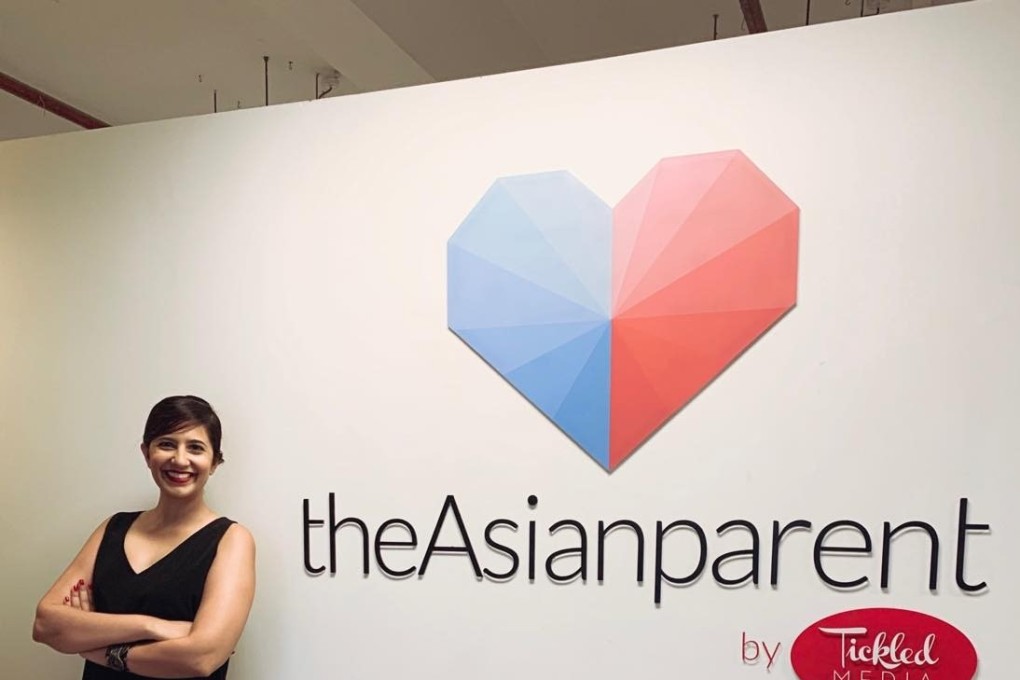Singapore-based parenting start-up backed by Chinese investors bets on African demand for pregnancy advice
- TheAsianparent has developed into a multinational content and community platform with over 23.5 million monthly active users

TheAsianparent, Southeast Asia’s largest parenting platform, is expanding into more markets in Asia and Africa as well as testing the waters for an e-commerce service after raising several million dollars in its series C funding from Chinese investors in July.
Singapore-based TheAsianparent, which began life as a parenting blog in 2009, has developed into a multinational content and community platform with over 23.5 million monthly active users. It now has 180 employees across 12 countries. TheAsianparent has a three C strategy – content, communities and commerce – and wants to become a one-stop app for parents.
Its latest round of fundraising was led by Fosun, a family-focused multinational company, and joined by JD.com, one of China's largest e-commerce platforms. Southeast Asian-China fund ATM Capital and other existing series B investors such as Global Grand Leisure and WHG Holdings also joined.
The company intends to use the proceeds to further develop its app, expanding in Asian and African markets such as Nigeria, Kenya and South Africa, where mortality rates for under-5s are much higher than a country such as Singapore.
“We go where babies are,” said Roshni Mahtani, founder and chief executive of theAsianparent, in an interview at the Global Mobile Internet Conference in Guangzhou last month. “Southeast Asia is a booming market where internet penetration has been growing exponentially and shows no signs of slowing down.”
The company is also launching an e-commerce platform inside the app for Southeast Asia this year. Products will include skincare, cosmetic and household items created by the company, which hopes that at least 20 per cent of users will buy goods.